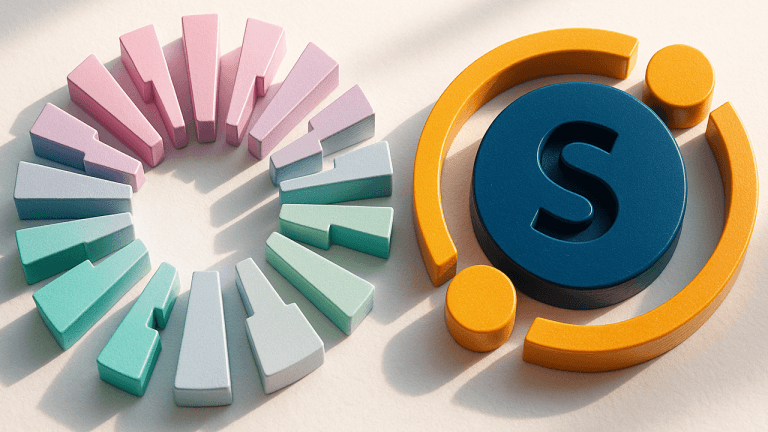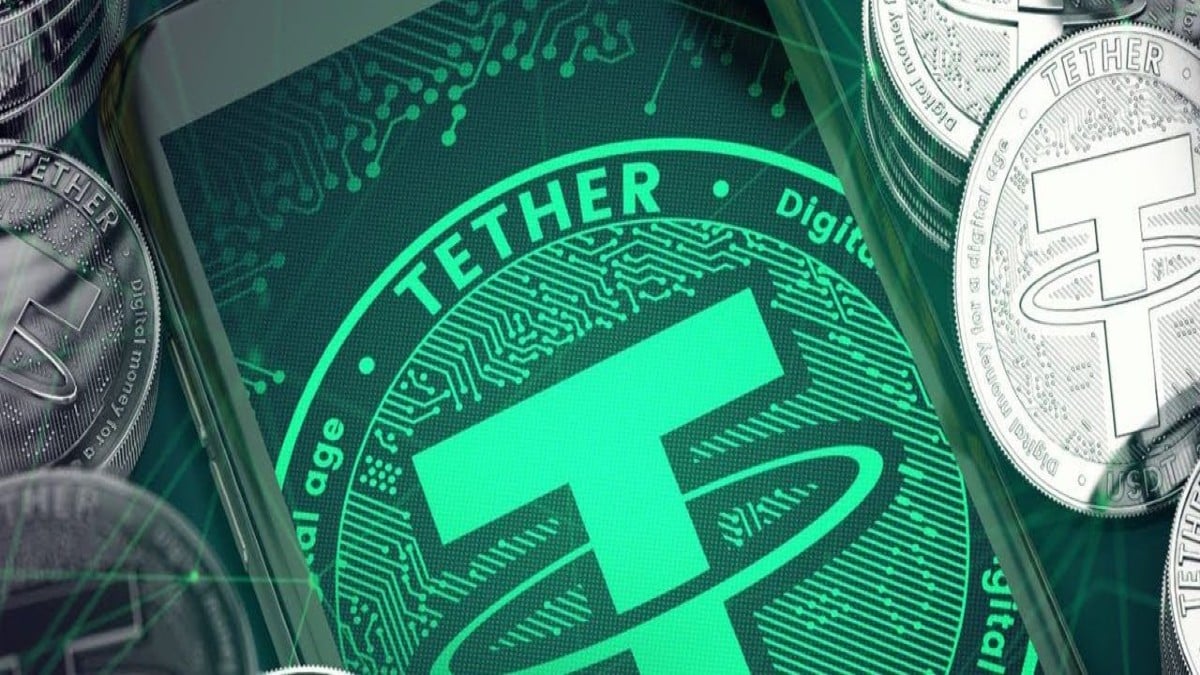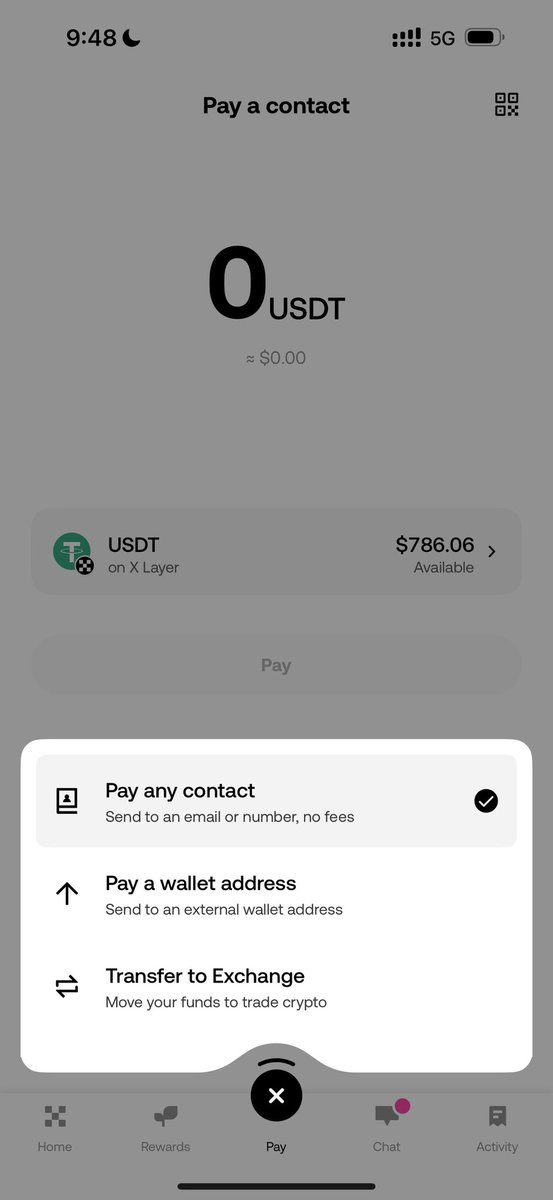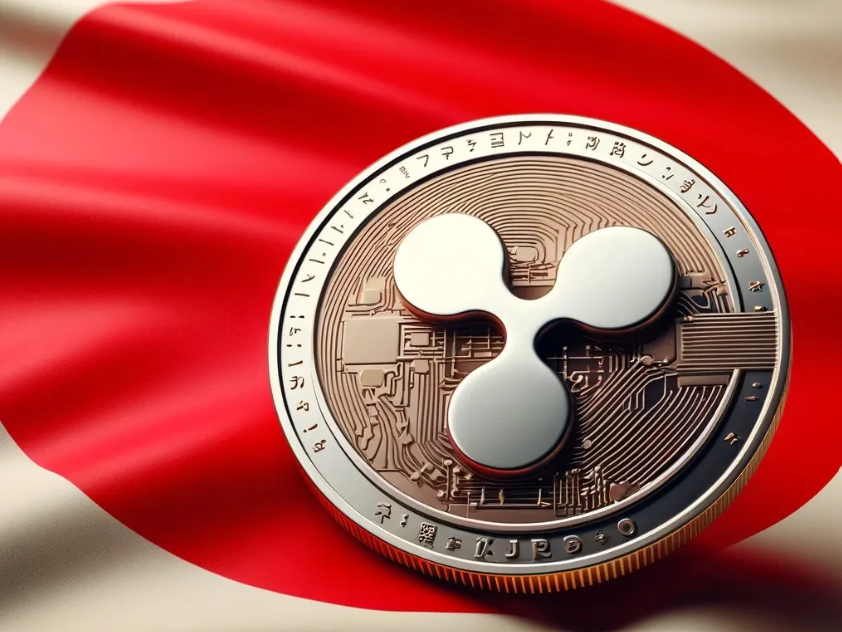Key Takeaways
- SNB Chairman Martin Schlegel stated that Bitcoin does not meet the central bank’s criteria for reserve assets
- If the initiative gains sufficient support to move forward, Swiss voters may ultimately decide whether Bitcoin should become part of the SNB’s official reserves
The Swiss National Bank (SNB) has reaffirmed its position against including Bitcoin in its foreign currency reserves, despite renewed efforts from cryptocurrency advocates to amend the Swiss Constitution. The move comes as a citizen-led initiative gains momentum, seeking to mandate Bitcoin holdings by the central bank through a nationwide referendum.
During a shareholder meeting in Bern on April 25, SNB Chairman Martin Schlegel stated that Bitcoin does not meet the central bank’s criteria for reserve assets. “Cryptocurrency cannot currently fulfil the requirements for our currency reserves,” he said, reiterating earlier concerns over Bitcoin’s volatility, liquidity limitations, and potential security vulnerabilities. Schlegel had previously commented that cryptocurrencies are essentially software, which can contain bugs and other risks.
The initiative to integrate Bitcoin into the SNB’s reserves was formally launched in December 2024. It proposes amending the third paragraph of Article 99 of the Swiss Constitution, which currently mandates that part of the SNB’s reserves be held in gold. If successful, the amendment would require reserves to be held “in gold and in Bitcoin.”
The proposal is being led by the nonprofit think tank 2B4CH, which focuses on Bitcoin-related public policy. To trigger a referendum, supporters must gather at least 100,000 signatures.
Proponents of the campaign argue that diversifying the SNB’s reserves with Bitcoin would protect the institution from foreign political pressures and potential monetary manipulation. Luzius Meisser, a board member of Bitcoin Suisse and one of the campaign’s public advocates, pointed to global economic changes as a justification.
“Holding bitcoin makes more sense as the world shifts towards a multipolar order, where the dollar and the euro are weakening,” Meisser said. He added that Bitcoin, due to its fixed supply, is immune to inflation caused by deficit spending.
At present, approximately three-quarters of the SNB’s foreign currency reserves are held in U.S. dollars and euros. The central bank does not own any Bitcoin. Advocates argue that even a small allocation—such as 1 to 2% of total reserves—could offer long-term benefits due to Bitcoin’s increasing global relevance and fixed supply.
Supporters of the initiative have also emphasized that their campaign is not driven by personal gain. Yves Bennaim, another backer of the referendum, described Bitcoin as a secure and evolving system. He noted that Bitcoin’s global market capitalization and daily trading volumes make it one of the most liquid digital assets available.
“We are not saying go all in with Bitcoin,” he said. “But if you have nearly 1 trillion francs in reserves, then it makes sense to have a small portion in an asset that is increasing in value, becoming more secure, and that everyone wants to own.”
Switzerland has developed a reputation as a hub for digital asset innovation. The Ethereum project, one of the largest blockchain networks, was established in the Swiss town of Zug, often referred to as “Crypto Valley.” The country also enacted the Distributed Ledger Technology (DLT) Act in 2021, allowing for regulated trading of tokenized securities and digital assets.
The SNB, while cautious on decentralized crypto, has taken steps to explore central bank digital currencies (CBDCs). In 2023, it ran a pilot project involving wholesale CBDCs, successfully settling several tokenized bond transactions. Governing board member Antoine Martin stated that the SNB was open to expanding such efforts if more financial institutions participated and transaction volumes increased.
The referendum campaign continues amid growing public interest in digital assets. A study by the Lucerne University of Applied Sciences and Arts found that around 11% of Swiss residents have invested in cryptocurrencies.
If the initiative gains sufficient support to move forward, Swiss voters may ultimately decide whether bitcoin should become part of the SNB’s official reserves. Until then, the central bank maintains its stance that Bitcoin does not align with its reserve strategy





















 24h Most Popular
24h Most Popular








 Utilities
Utilities